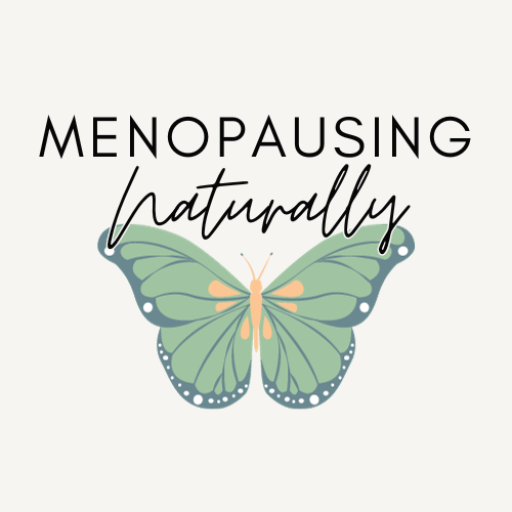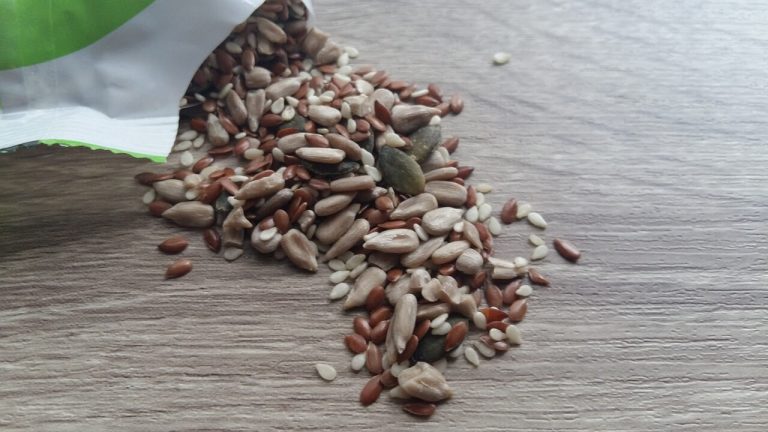From Chaos to Calm: Menopausal Hormone Balance Through Nutrition
Introduction: Navigating Hormonal Shifts with Nutrition
The menopausal journey is a significant phase in a woman’s life, marked by hormonal fluctuations that can sometimes feel like a whirlwind of chaos. However, with the right approach to nutrition, this transformative period can be turned into a time of calm and balance. Discover how strategic dietary choices can help regulate hormones, alleviate symptoms, and promote overall well-being.
Embracing Hormone-Balancing Foods
1. The Power of Phytoestrogens
Phytoestrogens are plant-based compounds that mimic the effects of estrogen in the body. Incorporating foods rich in phytoestrogens, such as soy, flaxseeds, and legumes, can help stabilize hormonal levels and reduce the intensity of hot flashes and mood swings.

2. Omega-3 Fatty Acids for Hormonal Harmony
Fatty fish like salmon and walnuts are abundant sources of omega-3 fatty acids. These essential fats play a crucial role in hormone production and can contribute to a smoother menopausal transition. Including these foods in your diet can help regulate mood and support overall hormonal health.
Try out these delicious Salmon recipes to add some Omega 3 into your diet.
Balancing Blood Sugar Levels
3. Opt for Complex Carbohydrates
Choosing complex carbohydrates like whole grains, quinoa, and sweet potatoes can help regulate blood sugar levels. Stable blood sugar is essential for preventing mood swings, irritability, and energy fluctuations often associated with hormonal imbalances.
4. Prioritize Lean Protein Sources
Lean proteins, such as poultry, fish, and legumes, provide a steady supply of amino acids necessary for hormone production. Including these in your meals can help maintain muscle mass, support metabolic function, and keep hormonal levels in check.
Harnessing the Power of Plant-Based Antioxidants
5. Colorful Fruits and Vegetables
A rainbow of fruits and vegetables provides a diverse array of antioxidants. These powerful compounds help combat oxidative stress and inflammation, both of which can exacerbate hormonal imbalances. Aim to include a variety of colors in your diet for optimal hormonal health.

Stress Management for Hormonal Equilibrium
6. The Impact of Stress on Hormones
Chronic stress can disrupt the delicate balance of hormones in the body. Implementing stress-reducing practices like meditation, yoga, and deep breathing exercises can help restore equilibrium to the endocrine system, leading to a smoother menopausal experience.
Seeking Professional Guidance
7. Consulting with a Healthcare Provider
While nutrition plays a vital role in hormone balance, it’s essential to seek guidance from a healthcare provider or registered dietitian. They can provide personalized recommendations based on your specific hormonal profile and overall health status.
Conclusion: Embracing a Balanced Menopausal Journey
With strategic nutrition choices and mindful lifestyle practices, the chaos of menopausal hormonal shifts can indeed be transformed into a period of calm and equilibrium. By prioritizing hormone-balancing foods, regulating blood sugar levels, and managing stress, women can navigate this phase with grace and vitality. Remember, consulting with a healthcare professional is a crucial step in creating a tailored approach to hormonal well-being. Here’s to embracing the transformative power of nutrition for a harmonious menopausal experience.








One Comment